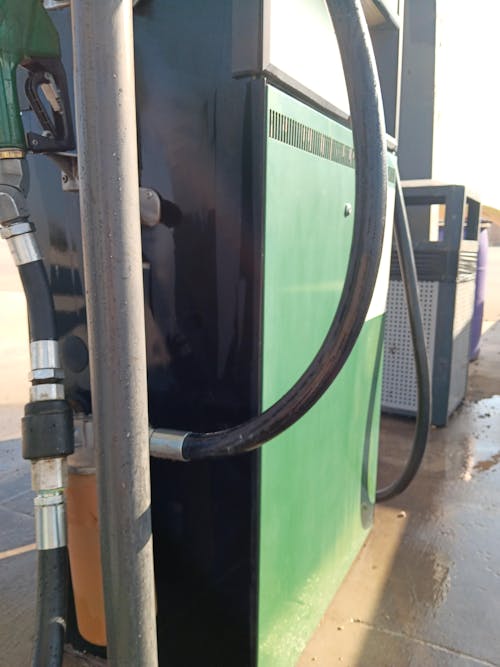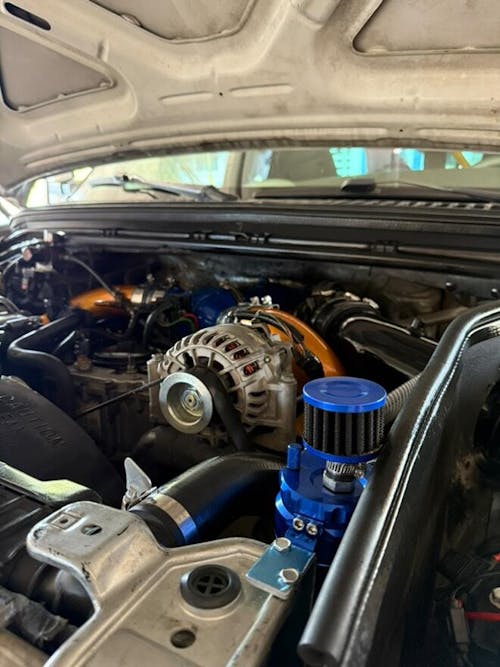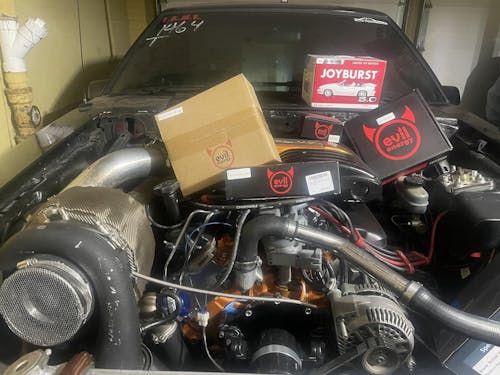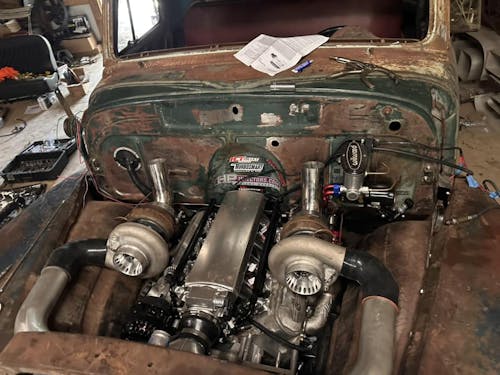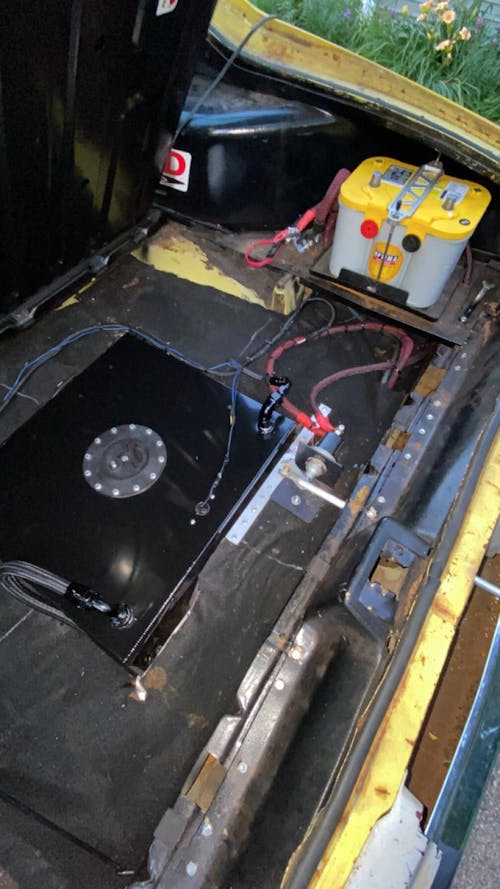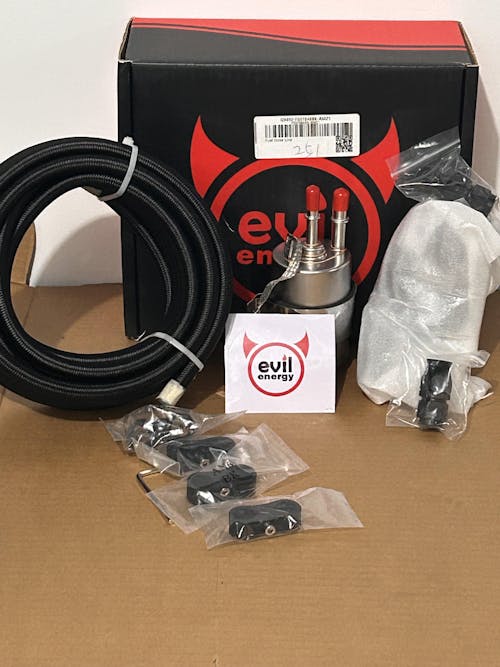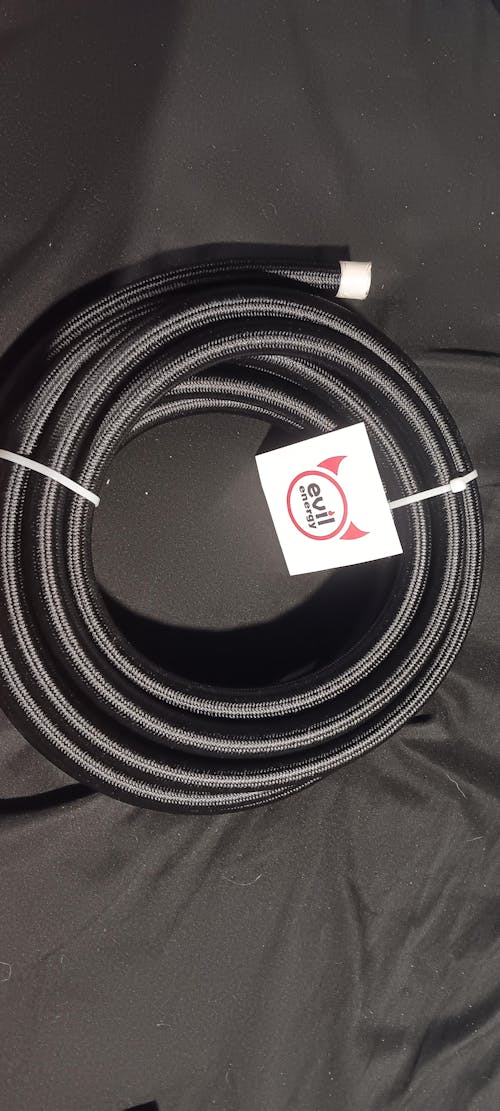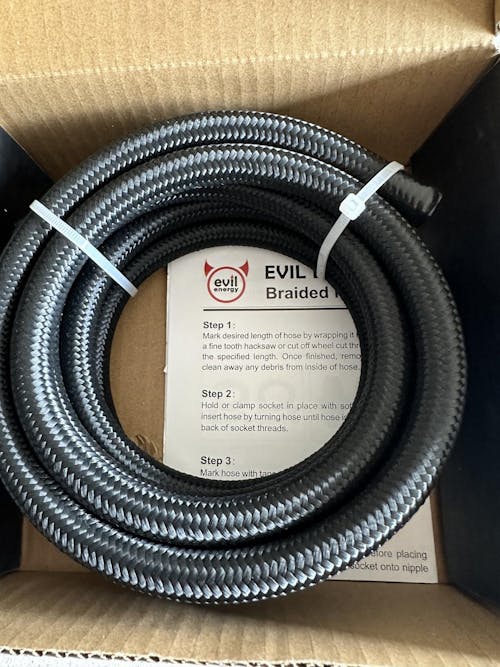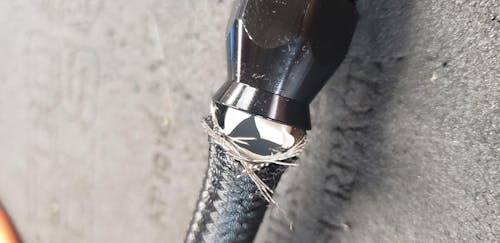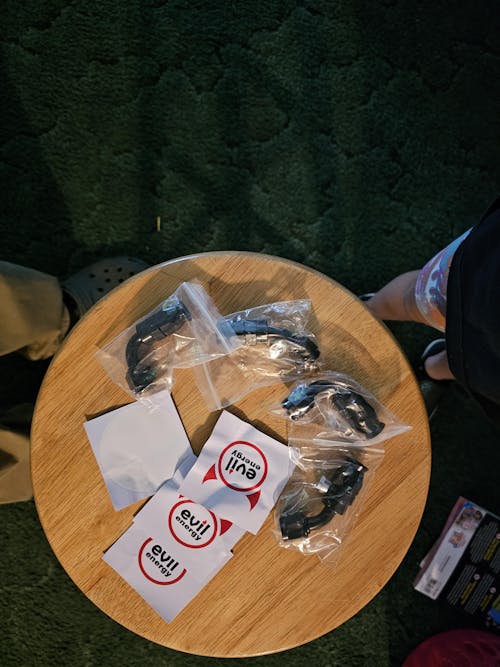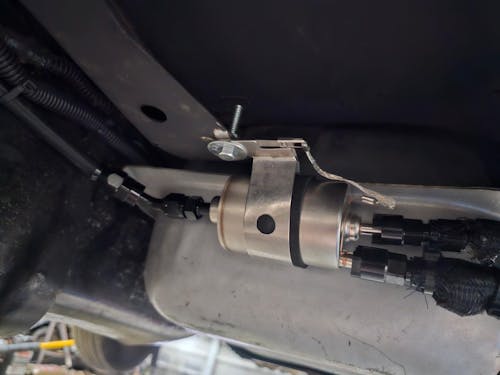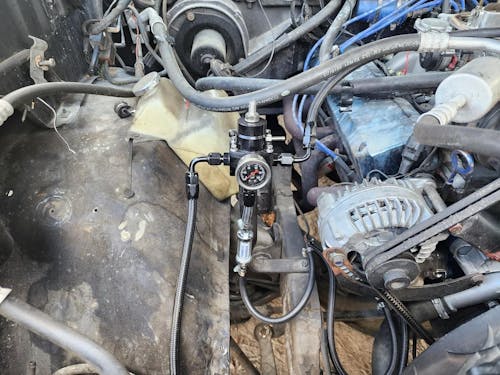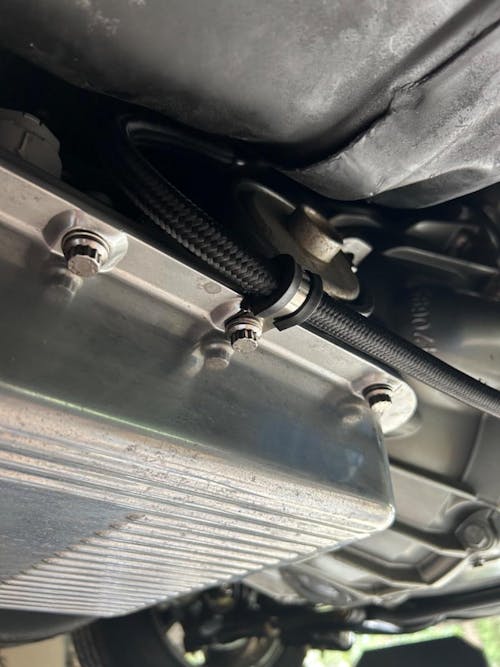What Happens When a Fuel Pump Goes Out While Driving?
The fuel pump is a crucial component in your vehicle’s fuel system, responsible for delivering fuel from the tank to the engine. Without a functioning fuel pump, your car won’t run efficiently, and in some cases, it may stop running altogether. Understanding what happens when a fuel pump fails while driving can help you prevent unexpected breakdowns and protect your engine.
Symptoms of a Failing Fuel Pump
Before we delve into the consequences of a fuel pump failure while driving, it's essential to recognize the signs that your fuel pump may be on its way out. Early detection can save you from a more severe issue later. Common symptoms of a failing fuel pump include:
- Engine Stalling: If your fuel pump starts to fail, the engine may stall, especially during acceleration or when driving at high speeds.
- Loss of Power: A failing fuel pump can result in a noticeable loss of power while driving. This happens when the engine is not getting the right amount of fuel to run efficiently.
- Surging or Hesitation: Your vehicle may surge or hesitate as the fuel pump struggles to provide consistent fuel pressure.
- Strange Noises: A failing fuel pump may emit whining or buzzing noises, indicating that it’s working harder than usual.
What Happens When the Fuel Pump Fails While Driving?
When a fuel pump goes out while driving, it can lead to immediate and dangerous consequences. Here’s what could happen:
-
Sudden Engine Stoppage: If the fuel pump fails completely, your engine will lose the supply of fuel, causing it to shut off abruptly. If this happens while you’re on a busy road or highway, it could be dangerous, especially if you’re driving at high speeds.
-
Loss of Power and Acceleration: As the fuel pump starts to fail, you may experience a sudden loss of power and acceleration. This could make it difficult to merge into traffic or drive uphill, posing a serious safety risk. If the fuel pump completely fails, your car will be unable to accelerate.
-
Increased Engine Temperature: A failing fuel pump can also lead to overheating. Without a steady flow of fuel, the engine may overheat, causing additional damage. If you notice the temperature gauge rising while driving, it could be a sign that the fuel pump isn’t working correctly.
-
Potential Damage to the Engine: If the fuel pump goes out while driving and you continue operating the vehicle, it could cause long-term damage to the engine. Running an engine without enough fuel could result in severe damage to the fuel injectors, pistons, or valves.

How to Handle a Fuel Pump Failure While Driving?
If you suspect that your fuel pump is failing while driving, it’s essential to remain calm and take immediate action:
- Pull Over Safely: If the engine stalls or power is lost, try to steer your vehicle to the shoulder of the road or a safe area.
- Turn Off the Engine: If your vehicle is still running but you’re experiencing a loss of power, turn off the engine and restart it to see if the issue persists. If it does, you’ll need to address the fuel pump issue immediately.
- Call for Roadside Assistance or Tow: If the vehicle stops and won’t restart, call a tow truck or roadside assistance. Do not attempt to continue driving with a failed fuel pump as it can cause further damage.
Prevention and Maintenance
To prevent fuel pump failure, regular maintenance is essential. Replacing the fuel filter regularly and ensuring that the fuel tank is never too low will reduce strain on the fuel pump. Additionally, using high-quality fuel and addressing any warning signs early can prevent complete pump failure.
Read more:How Long Does a Fuel Pump Last?
Conclusion
In summary, a fuel pump failure while driving can result in sudden engine stoppage, loss of power, overheating, and potential engine damage. Recognizing the symptoms early and maintaining your fuel system can help avoid these situations. If you suspect a fuel pump issue, it’s important to act quickly and seek professional help to avoid further complications.


![EVIL ENERGY 4/6/8/10AN PTFE Fuel Line Kit | E85 Nylon Braided Hose | 16/20FT Black Black with Comprehensive Fittings [20FT]](http://www.ievilenergy.com/cdn/shop/files/Test-2025-Evilenergy-125598065_165x.png?v=1742144807)
![ptfe hose fitting kit [16FT]](http://www.ievilenergy.com/cdn/shop/files/Test-2025-Evilenergy-125598171_165x.png?v=1742144807)
![CPE Fuel Line[25FT]](http://www.ievilenergy.com/cdn/shop/files/25FTCPE_FuelLine_165x.png?v=1735220649)
![CPE Fuel Line[20FT]](http://www.ievilenergy.com/cdn/shop/files/20FTCPE_FuelLine_165x.png?v=1735220649)

